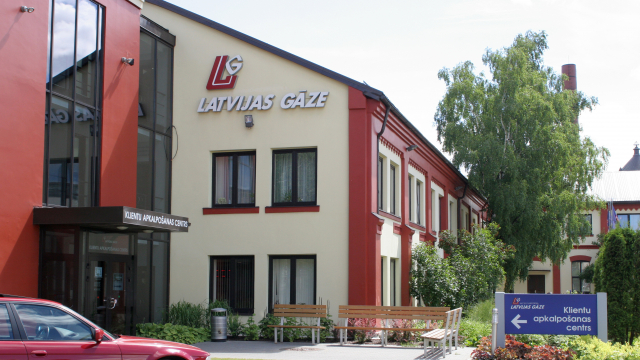The annual consultations brought together cyber security experts from Latvia, Estonia, Lithuania, and the U.S.
"The participants were in agreement that state-sponsored malicious activities in cyberspace were still giving serious cause for concern; therefore, the issues related to cyber security remain high on the international security policy agenda," the statement said.
The consultation addressed last year’s developments concerning cyber security, and opinions were shared on various types of cyber-attacks: ransomware attacks, botnet incidents and 5G related challenges. Focus was also placed on the advancement of cyber security matters in international organisations – the United Nations, the OSCE, the EU and NATO.
Meanwhile, according to NATO, Special Operations Senior Leaders convened for the NATO Special Operations Forces (SOF) Conference "Evolving NATO SOF in Line with Today's Security Environment" in Riga, Latvia, from Oct. 19 to 21, 2021.
More than 30 Alliance and Partner nations participated in the conference co-hosted by Latvian Special Operations Command and NATO Special Operations Headquarters (NSHQ) to discuss topics ranging from Special Operations as a domain within NATO to support to Ukrainian SOF Developmental plan.
Admiral Rob Bauer, Chair of the NATO Military Committee, provided remarks emphasising the important role Special Operations plays in the deterrence and defence across the Alliance.
"Due to a changed security environment, NATO is in a fundamental shift towards a stronger focus on collective defence. Special Forces can play a unique role in this," said Admiral Bauer. "Because, contrary to popular belief, you often come in before a conflict reaches its highest intensity. And then you do everything in your power to prevent that conflict from spiralling out of control, often acting as an interlocutor that connects civilian, military and societal capabilities."


























